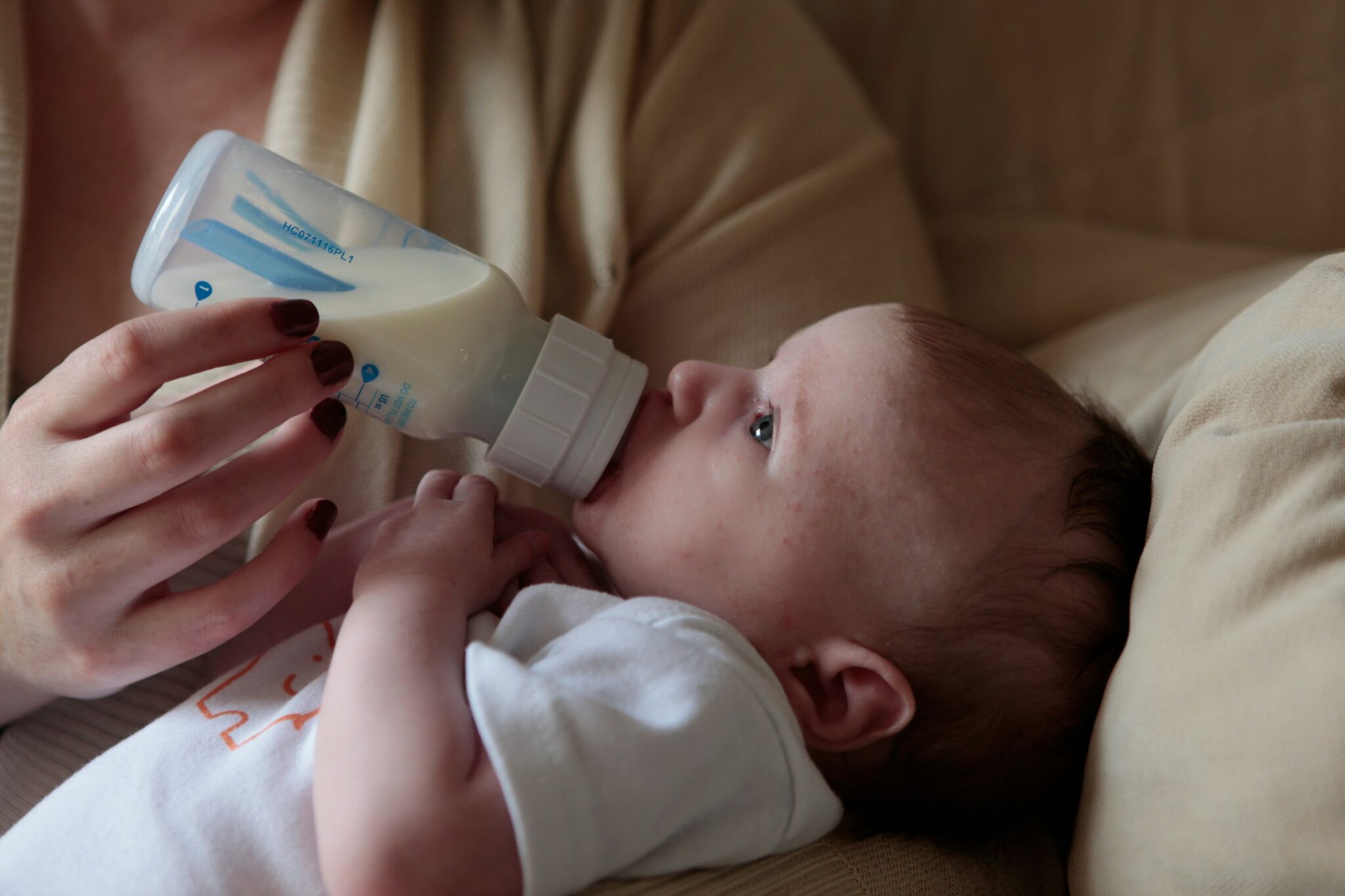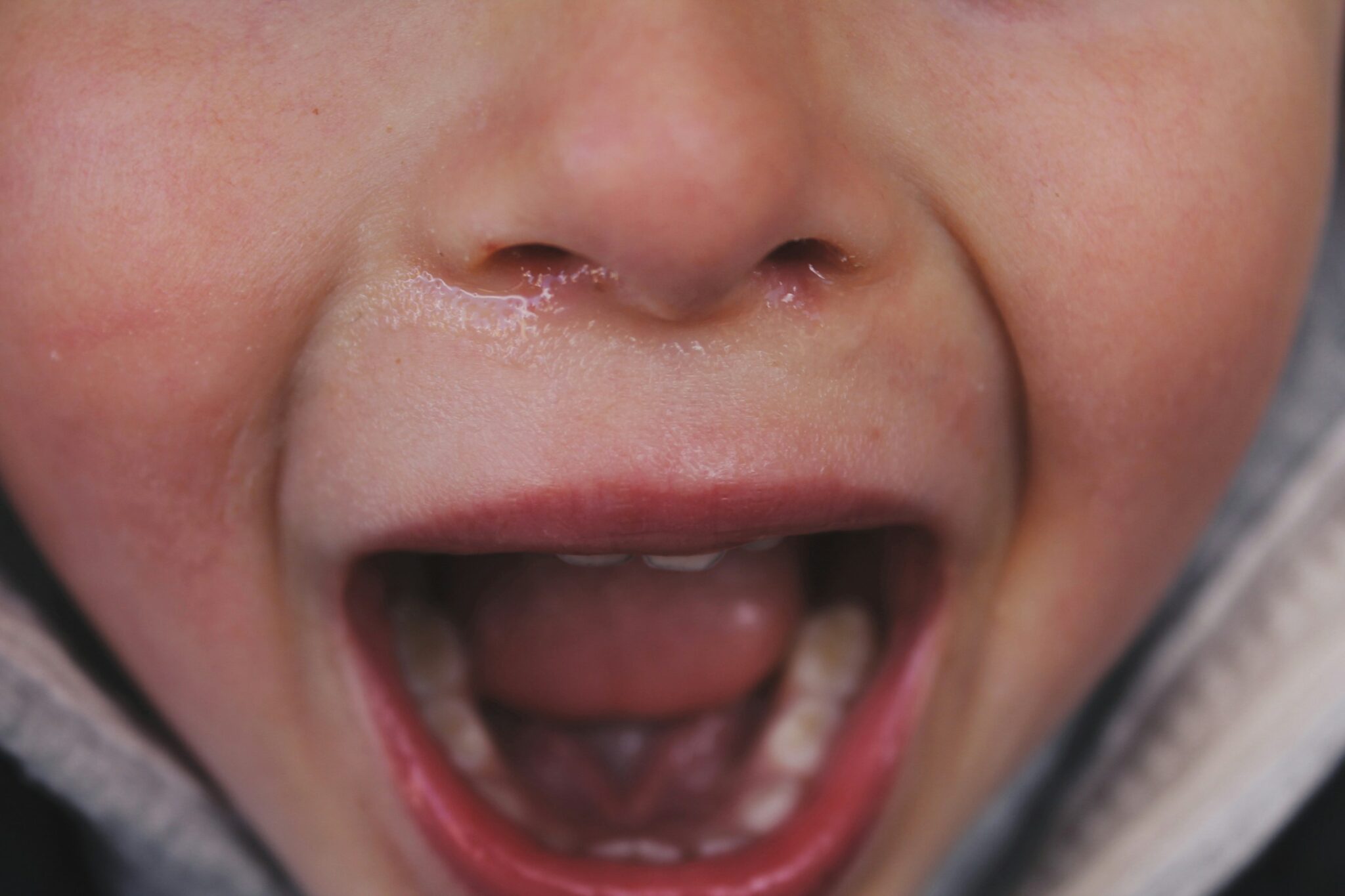As a parent, it’s natural to notice every little detail about your baby’s development, especially when it comes to those adorable first teeth. One common concern many parents bring up to our pediatric dentist in Overland Park, KS, is the appearance of gaps between their baby’s teeth. If you’ve been wondering whether these gaps are normal or a cause for concern, you’re not alone. Let’s discuss why babies have gaps between their teeth and when your concern may be valid.
Looking for a pediatric dentist near you? Drs. Matt and Tara are trusted and experienced children’s dentists who truly care for their patients. Give us a call today to schedule your little one’s first visit.
Why Do Babies Have Gaps Between Their Teeth?
Gaps between baby teeth, known as diastema, are quite common and typically nothing to worry about. There are several reasons why your little one might have gaps:
- Natural Growth Pattern: Baby teeth, or primary teeth, are usually smaller and more spaced out than adult teeth. This spacing allows room for the larger adult teeth to come in later, reducing the likelihood of crowding and alignment issues as your child grows.
- Jaw Size and Development: A baby’s jaw continues to grow and develop after birth. As the jaw expands, gaps may appear between the teeth. This growth is a normal part of development and helps create enough space for the adult teeth that will eventually replace the baby teeth.
- Tooth Eruption Sequence: The order in which baby teeth emerge can also lead to temporary gaps. For instance, it’s common for the upper front teeth (central incisors) to come in first, followed by the lower front teeth. This can create a natural space between the upper front teeth until more teeth come in to fill the gap.
- Frenulum Attachment: The frenulum is a small piece of tissue that connects the upper lip to the gum. In some babies, the frenulum can extend down between the upper front teeth, causing a gap. This condition, known as a maxillary labial frenulum, often resolves on its own as the child grows and the frenulum recedes.
When Should You Be Concerned?
While gaps between baby teeth are usually normal, there are a few scenarios where it may be worth consulting with a pediatric dentist:
- Excessive Gaps: If the gaps between your baby’s teeth are unusually large or if there are missing teeth, it might indicate an underlying issue such as a congenital condition or developmental anomaly. A pediatric dentist can assess whether further evaluation or intervention is needed.
- Gum Health Issues: If you notice swelling, redness, or other signs of gum inflammation around the gaps, it’s essential to consult a dentist. Gum health is crucial for the overall health of your baby’s teeth and can affect the alignment and development of permanent teeth.
- Speech or Feeding Concerns: Sometimes, gaps or other dental issues can impact a child’s ability to speak or eat properly. If you notice any speech delays or feeding difficulties, it’s a good idea to have your child’s mouth and teeth evaluated by a professional.
Visit Our Pediatric Dentist in Overland Park, KS
In most cases, gaps between baby teeth are a normal part of your child’s dental development and nothing to worry about. However, regular dental checkups are crucial to ensure that your child’s teeth and gums are healthy and developing as they should. If you have any concerns or questions about your baby’s teeth, don’t hesitate to reach out to your friendly pediatric dentist in Overland Park, KS. We’re here to help your child smile brightly and confidently!









